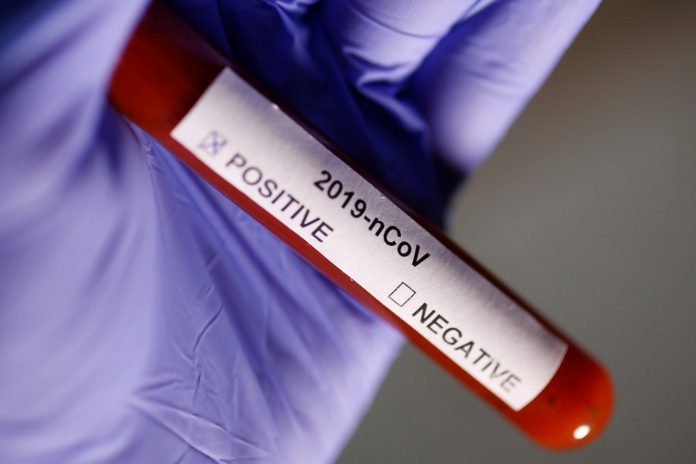Employers and business leaders around the world are all scrambling to solidify their business plans and organise their teams amid the COVID-19 outbreak. This task is made even more daunting by the widespread implementation of remote working as a means to help prevent the spread of the coronavirus. On top of all this, leaders must also prepare for the worse-case scenario; that of receiving the call from an employee who says they have tested positive for COVID-19.
Such a situation can be stressful and presents a complex challenge. Leaders must be sensitive and humane while also being quick to act as a manager. Regardless of whether workers are working from home or are continuing to commute to work, leaders must possess emotional intelligence and the ability to take decisive action.
Firstly, when employees bring such bad news up with the company, sympathy should be expressed. Even if their symptoms are mild, it is likely that they are scared or worried about what might happen, or whether they might have spread the virus to their family or coworkers. Let the employee share their feelings. As you talk with them, clearly communicate that they can count on you and the team to be supportive.
Next, HR needs to be communicated with to act quickly and to minimise the risk of the disease spreading. By this point, most companies’ HR departments should have some protocols in place.
While keeping in mind emotional intelligence, ask the employee which coworkers they have been in “Close contact” with within the last few weeks. If everyone in the company has been working from home over the last two weeks, then such contact is unlikely, but it is better to be safe than sorry. You should alert those who have been in close contact with the employee as soon as possible and direct them to see their doctor.
Following this, decide whether you or the HR partner should connect with any close contacts the employee has had. Since this is a sensitive topic, it’s ideal to alert the coworkers by video or phone. However, since time is of the essence, should cowrkers prove unreachable, drop them and urgent email.
Either way, your message will be the same. Alert the ‘contacted’ coworkers that someone from the company has tested positive and has identified them as ‘close contacts’ followed by reaffirming your support. Advise them to follow medical guidelines and recommend them to see their physician.
You can expect people in the close contact group to be nervous and ask a lot of questions, especially if it’s the first time they are receiving such news. Since several days have passed between their exposure to the Covid-positive colleague, they may ask you if their family is at risk. Since you might not be a medical professional, try not to speculate and simply refer them to their usual doctor.
Follow up this conversation by email. It’s likely that the person you were talking to was feeling overwhelmed and did not catch everything you said. A written follow-up is always good practice, if only to help keep track of this process inside of your company. Once you have spoken with both the employee who tested positive and their close contacts, consider alerting others in the workplace.
Remember that respect and confidentiality of both the positive-tested employee and anyone in the close-contact group is of utmost importance. The message you send will showcase how your company treats people, so it is very important to be calming and transparent.
These are not easy times and it is crucial for leaders to reassure employees to keep morale up. Through thorough vigilance, leaders will be able to keep their employees safe and motivated during this trying outbreak.




















